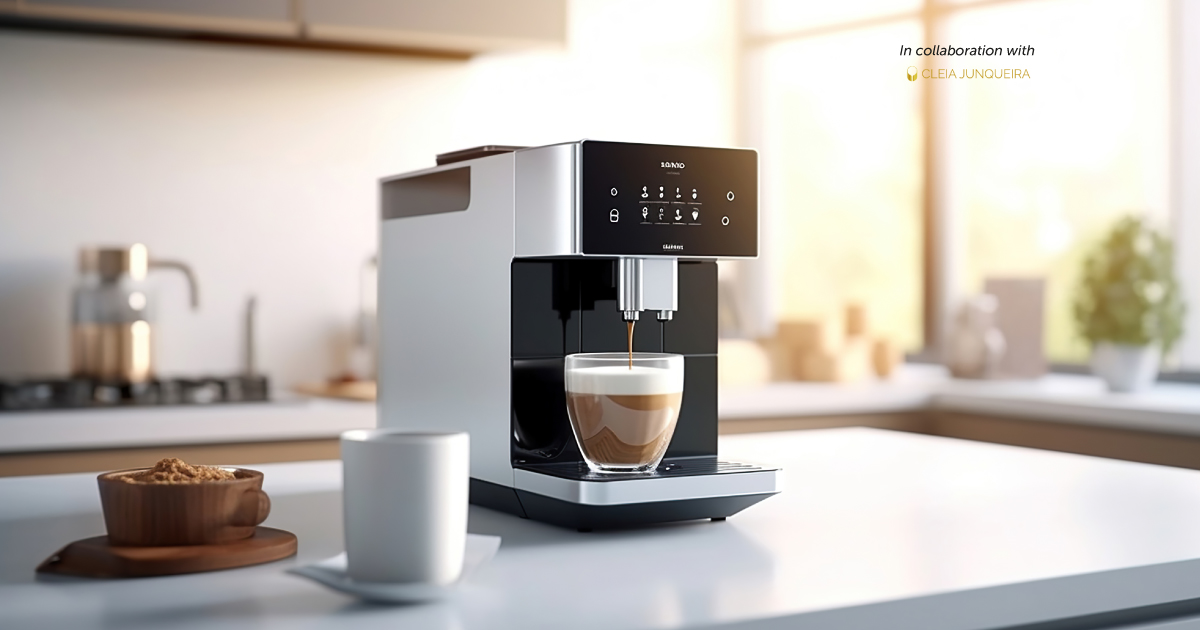

The way coffee is consumed around the world is changing and technology has become instrumental in shaping how we experience and savor this beloved drink. Below are some of the latest advancements in coffee technology, alongside others that we can expect to see shaking things up in the near term.
1-Alternative brewing methods
While espresso and drip coffee maintain their popularity, alternative brewing techniques, like V60 and Chemex, are increasingly appealing to coffee enthusiasts in search of distinctive flavors and experiences. Technologies such as vacuum brewing, cold drip and nitro infusion provide fresh avenues for coffee extraction and enjoyment. These methods typically require meticulous control over brewing variables and innovative equipment designs to achieve the best outcomes.
2-Precision brewing
Precision brewing has become a focal point for coffee enthusiasts seeking the perfect cup. Technologies such as temperature stabilization, flow rate control and pressure profiling enable professional and home baristas alike to achieve greater consistency and quality in their coffee extraction process. Whether it’s a pour-over dripper with built-in scales or an espresso machine with precise temperature control, these innovations empower users to unlock the full potential of their coffee beans. We’re already benefiting from the integration of robots into espresso-making processes, which is particularly advantageous in high-volume commercial settings.
3-Smart coffee machines
One of the most noticeable advancements in coffee technology is the emergence of smart coffee machines. These machines are equipped with wi-fi connectivity and mobile apps, allowing users to control brewing parameters remotely. Whether it’s adjusting the water temperature, selecting the grind size or scheduling brewing times, smart coffee machines offer unprecedented customization
and convenience. Some models even incorporate AI algorithms to learn and adapt to users’ preferences over time.
4-Traceability from bean to cup
With consumers increasingly keen to know the ethical considerations relating to their coffee beans and origins, blockchain technology is being utilized to ensure transparency and traceability across the supply chain. Through a tamper-proof ledger that records every step from farm to cup, blockchain empowers consumers to authenticate the origins and ethical practices behind their coffee. This not only cultivates trust between producers and consumers, but also encourages the adoption of sustainable and ethical practices within the coffee industry. It’s becoming increasingly common to find packaging that narrates the journey from bean to cup.
5-Sustainable practices
In recent years, there has been a growing emphasis on sustainability within the coffee industry. Technological innovations play a crucial role in this regard, with advancements in farming techniques, processing methods and packaging materials aimed at reducing environmental impact. For example, precision agriculture utilizes sensors and data analytics to optimize crop yield, while minimizing water usage and chemical inputs. Similarly, eco-friendly packaging solutions, such as compostable coffee pods and biodegradable packaging, help mitigate the environmental footprint of coffee consumption.
In the pipeline
The future of coffee technology is full of exciting possibilities, from personalized brewing algorithms to sustainable farming practices driven by AI. As the industry continues to evolve, collaboration between coffee professionals, technologists and environmentalists will be key to shaping
a more sustainable and enjoyable coffee experience. Utilizing data analytics to enhance crop yields and developing eco-friendly brewing equipment are just two examples of how innovation will be pivotal in shaping coffee’s future.













